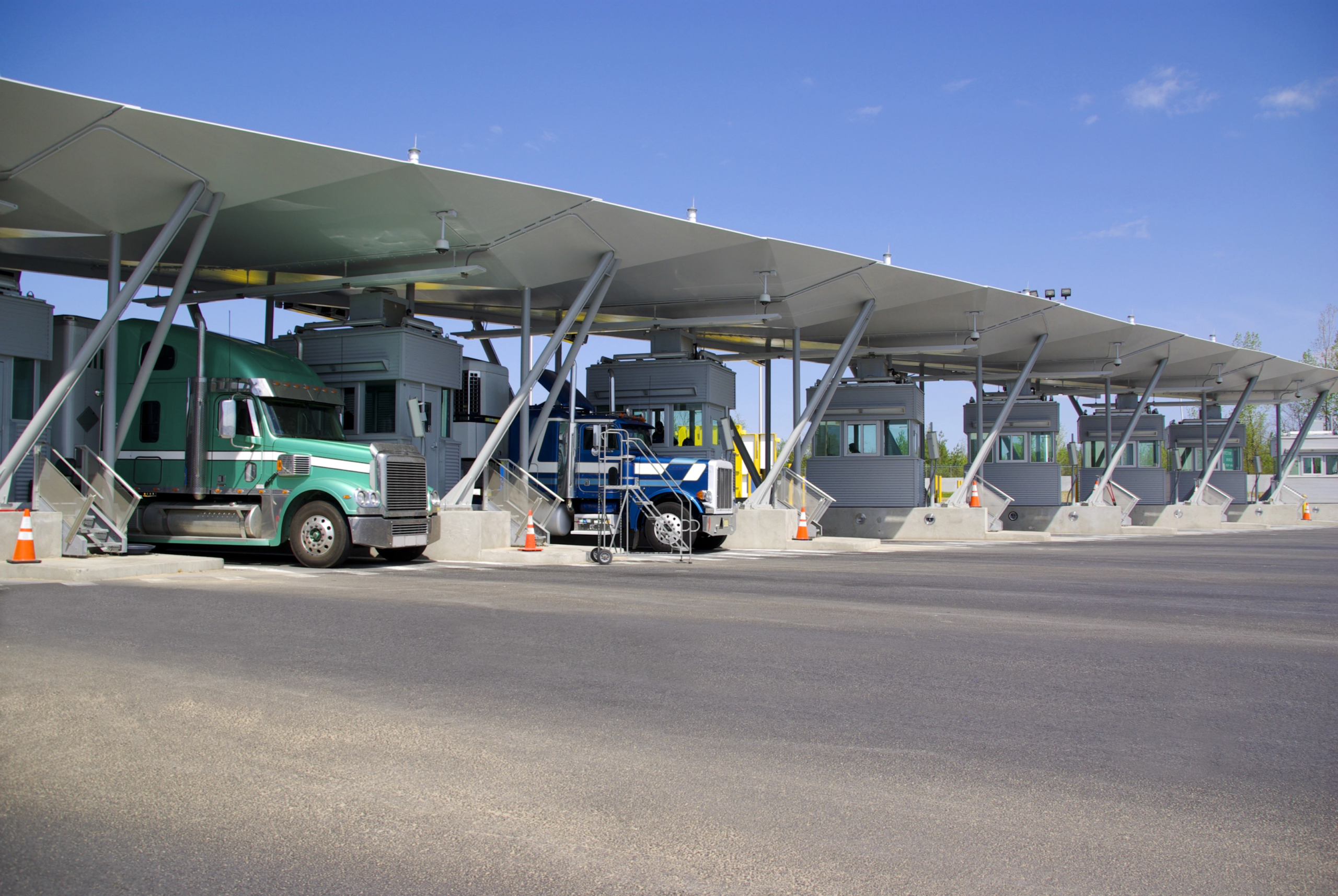What is consolidated freight? As part of consolidated shipping, is a freight logistics method where several orders are merged into one shipment. Nevertheless, challenges, such as the complexity of coordinating orders from multiple suppliers, can arise, and deciding to opt for consolidation is a careful consideration. The involvement of consolidated cargo shippers and consolidation freight services is essential for successfully navigating these challenges and reaping the rewards of a consolidated shipping approach.
This approach, aimed at enhancing efficiency and reducing costs for shippers, enables the optimization of the delivery process. Consolidated transport, including consolidated air transport, are integral component of this logistics strategy, facilitating the movement of goods in a consolidated manner.
The benefits of consolidated freight shipping and consolidated freight services include streamlined delivery processes, cost reduction, and improved delivery speed. By consolidating multiple orders into a single shipment, shippers can lower freight and fuel costs, decrease the number of shipments, and minimize their environmental impact. Consolidated cargo shippers play a crucial role in ensuring the success of this logistics method.
Moreover, consolidation freight services contribute to increased customer satisfaction by providing quicker delivery and enhanced order tracking. Consolidated transport further enhances the efficiency of the overall logistics chain. It plays a crucial role in logistics, presenting an opportunity for both cost savings and efficiency improvements.
Benefits of Consolidated Shipping
Consolidated shipping, or freight consolidation, provides numerous advantages:
- Cost Savings: Combining smaller shipments into a larger one reduces individual shipping costs.
- Economies of Scale: The combined volume leads to better negotiation power, resulting in discounted rates and reduced fees.
- Efficient Resource Utilization: Optimization of cargo space and transportation equipment enhances resource efficiency.
- Reduced Carbon Footprint: Fewer shipments translate to reduced fuel consumption and emissions, contributing to sustainability.
- Enhanced Security: Fewer handling points minimize the risk of lost or damaged shipments, ensuring better security.
- Streamlined Customs Clearance: Consolidation simplifies customs processes, reducing administrative burdens for international shipments.
- Improved Customer Service: Predictable delivery schedules and efficient service contribute to better customer satisfaction.
- Flexibility and Scalability: Consolidation offers adaptable solutions for businesses of various sizes.
- Collaboration and Networking: Encourages collaboration among shippers, carriers, and logistics providers, fostering synergies in the supply chain.

Challenges of Consolidated Freight
Despite its benefits, consolidated freight presents challenges:
Compatibility and Risk Assessment
Ensuring compatibility among different goods and assessing risks can be challenging.
Coordination and Communication
Coordinating with multiple stakeholders requires effective communication to avoid delays.
Logistics and Timing
Planning and scheduling are crucial for optimizing routes, cargo space, and delivery timelines.
Increased Handling Points
Multiple handling points introduce the risk of damage, loss, or misplacement.
Complexity of Documentation
International shipments involve complex documentation, requiring careful management.
Tracking and Visibility
Maintaining visibility of individual shipments within consolidated freight can be challenging.
Limited Flexibility
Coordination may limit flexibility in pickup and delivery schedules.
Trade-offs and Volume Requirements
Meeting minimum volume requirements can be challenging for smaller businesses.
Quality Control
Combining goods from different sources may result in differences in quality, packaging, or labeling.
Legal and Regulatory Compliance: Compliance with regulations for each shipment within consolidation is critical.
Phases in Freight Consolidation
Freight consolidation involves several phases:
- Data Collection and Analysis
- Grouping and Combining Shipments
- Carrier Selection and Negotiation
- Documentation and Customs Compliance
- Coordination and Logistics Planning
- Loading and Consolidation
- Tracking and Monitoring
- Delivery and Distribution
- Post-Delivery Evaluation
Navigating these challenges with the support of consolidation freight services, such as LAX Freight 3PL company, is essential for businesses aiming to capitalize on the rewards of a consolidated shipping approach. Ultimately, the collaboration and networking opportunities, along with the flexibility and scalability it provides, make consolidated shipping a compelling logistics solution in the ever-evolving landscape of freight management.
In conclusion, consolidated shipping, as well as the involvement of consolidators definition, offers a multifaceted approach to optimizing logistics and reaping numerous benefits. The streamlined delivery processes, cost reduction, and improved delivery speed make it an attractive strategy for shippers looking to enhance efficiency. Consolidated cargo shippers, often considered as freight works or freight ups, play a pivotal role in ensuring the success of this method, contributing to increased customer satisfaction and overall supply chain efficiency. Despite its advantages, challenges such as compatibility issues, increased handling points, and complex documentation, require careful consideration.



